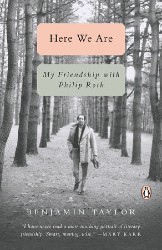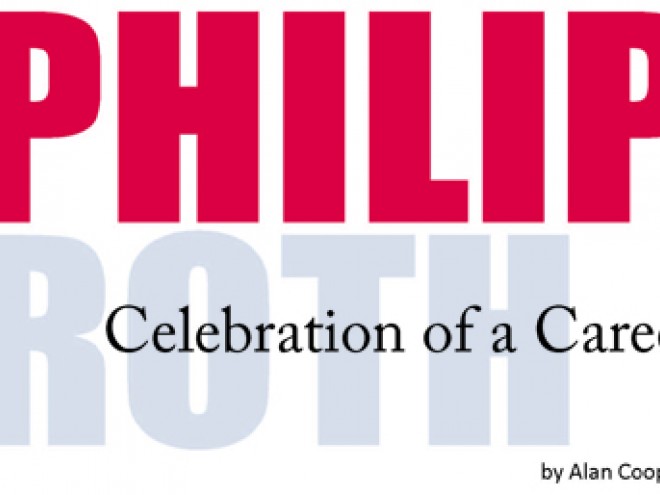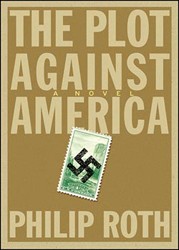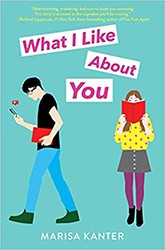Few people in the literary sphere — especially the Jewish literary sphere — are as distinctive and provocative as Philip Roth. Known for his heady explorations of desire and Jewish identity, he authored over thirty books and gained notoriety beyond the literary world, before passing away in 2018. How, then, does author Matthew Check find the answer to the question in the title of his debut memoir, What Would Philip Roth Do? Simple: have imaginary conversations with Roth, and document them thoroughly.
This inventive technique — the imaginary conversations — is the frame that shapes Check’s memoir, wherein he chronicles his pursuit to find the right romantic partner through his adolescence and twenties, consulting with Roth throughout. Parallel to this endeavor and its attendant imagined conferences with Roth, Check details his route to adulthood and, with it, a fully formed sense of self: one in which he embraces his love for the banjo; learns to separate himself from his father’s expectations for him, which are often rooted in classist beliefs; and follows his love of the Hebrew language to a role in Jewish education.
Check opens the memoir by noting that it was “[Roth’s] absurdity that I related to,” and not long after, the reader can see why: Check himself is a funny, warm, if somewhat absurd person. What Would Philip Roth Do? is littered with episodes of Check finding himself in uncomfortable yet comical situations, like waking up after a blackout to discover he’d bought a ticket to Marrakesh, to show his ex-girlfriend that he really could be worldly and adventurous. (Spoiler: Check finds out that Morocco is decidedly not for him.) He’s a bit of a nebbish, often acting impulsively and regretting his actions later. But it’s these impulsive, emotion-laden moments that make What Would Philip Roth Do? a telling portrait of adolescence.
Lovers of Philip Roth himself may be a little disappointed with Check’s memoir. Despite having Roth’s name in the title, and the infusion of Roth’s invented voice throughout, there is very little of Roth himself in this book. Check doesn’t explore Roth’s texts, nor does he ever quite identify how Roth’s writing affected him and his understanding of himself, others, and Jewish culture. Check centers contemplations on Jewish identity and sexual and romantic quest, as Roth did in his work, but this commonality, along with the invented voice, are not enough to make this book feel like it is much about Roth at all.
That said, perhaps it never meant to be. What Would Philip Roth Do? is a strong debut: funny, warm, nuanced, and insightful.
Benjamin Selesnick is a psychotherapist in New Jersey. His writing has appeared in Barely South Review, Lunch Ticket, Tel Aviv Review of Books, and other publications. He holds an MFA in fiction from Rutgers University-Newark.





